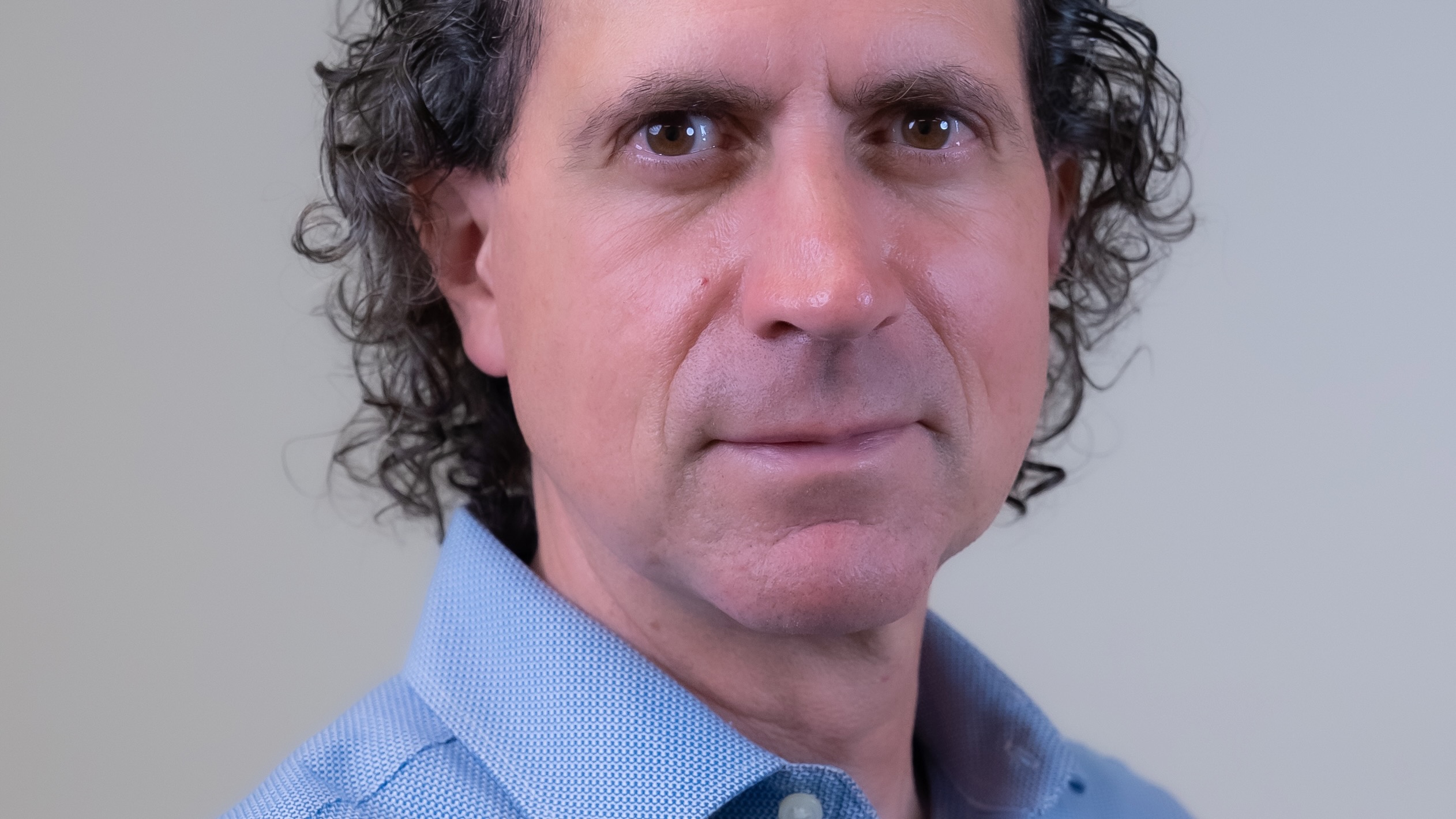Victor Ferreira / What sentence production can and can't do (besides produce sentences)

Victor Ferreira / What sentence production can and can't do (besides produce sentences)
Friday April 4. our colloquium series welcomes Victor Ferreira, Professor of Psychology at UC San Diego, to discuss "What sentence production can and can't do (besides produce sentences)".
One of the most important and impressive things humans can do is produce sentences. We know tens of thousands of words, yet we search and find the words we want quickly, at a rate of about 2-3 words per second, and accurately, with fewer than one or so errors every thousand words. In this talk, I argue that our ability to produce sentences comes from specialized cognitive machinery, the nature of which dictates what kinds of things we can and can't do when we produce sentences. I discuss two phenomena: Audience design, that is, our ability to produce language that is catered specifically to the needs of our addressees; and language control, that is, the ability of (in this case) bilinguals to speak the language they want to speak and not speak the language they do not want to speak. These phenomena illustrate the limits and the power of the mechanisms that allow us to so effectively communicate with each other.

